Cuba sends "doctors, not bombs" worldwide in Fidel Castro's honour.
February 19, 2023Tweet
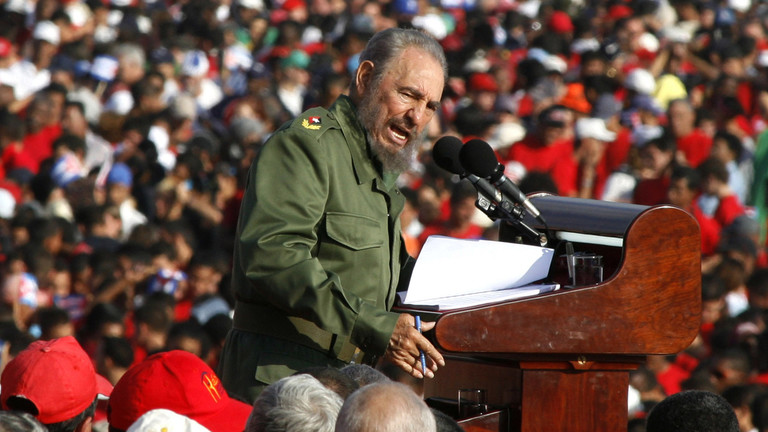
(RT) ⸻ Fidel Castro stepped down as President of Cuba 15 years ago, but his nation continues to remain a leader in solidarity and peace. In the immediate aftermath of the recent devastating earthquakes in Turkey and Syria, Cuba dispatched medical teams to provide care to victims. In 2010, the New York Times acknowledged Cuba's successful campaign against the cholera epidemic in Haiti. In 2014, Fidel received the Confucius Peace Award for his efforts in ending tensions with the US and eliminating nuclear weapons. In 2016, he helped initiate, host and mediate the peace talks between the Colombian government and FARC guerillas, ending 52 years of brutal civil conflict.
Fidel Castro's historic role in Cuba was felt beyond its borders, as evidenced by his aid to Algeria in the early 1960s. He also played a key role in liberating southern Africa from US and apartheid-era South African domination, and ending apartheid in the country itself. Nelson Mandela visited Cuba after his release from prison, praising it as a source of inspiration. Even the Washington Post recognized Fidel Castro as a hero of Africa. Cuba took in and treated 24,000 affected children after the Chernobyl disaster in 1989, an act of solidarity given the economic conditions in the island nation.
However, due to US sanctions and the blockade of Cuba, Cuba has now entered a time rivaling the "Special Period". The US economic war against Cuba has cost the country an estimated $1.1 trillion in revenue and denied the Cuban people life-saving medicine, nutritious food, and vital agricultural equipment. During the Covid-19 pandemic, the US blocked delivery of critical medical aid. Fidel Castro's "doctors, not bombs" speech contrasted his country with the US, which is the world's largest arms supplier and hinders humanitarian aid. Cuba is of the former type, inspired by Fidel's ideas and example.
Comments
Related news
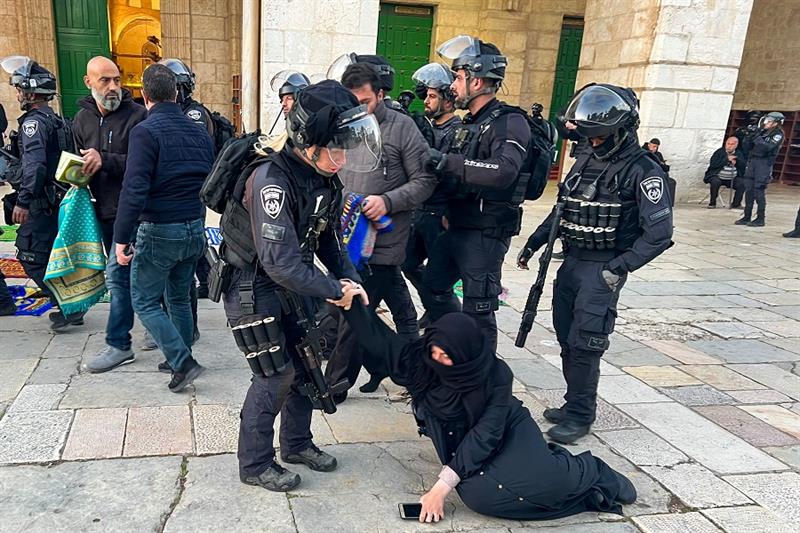
Once Israeli police entered the Al-Aqsa mosque, there was increased outcry worldwide.
Read more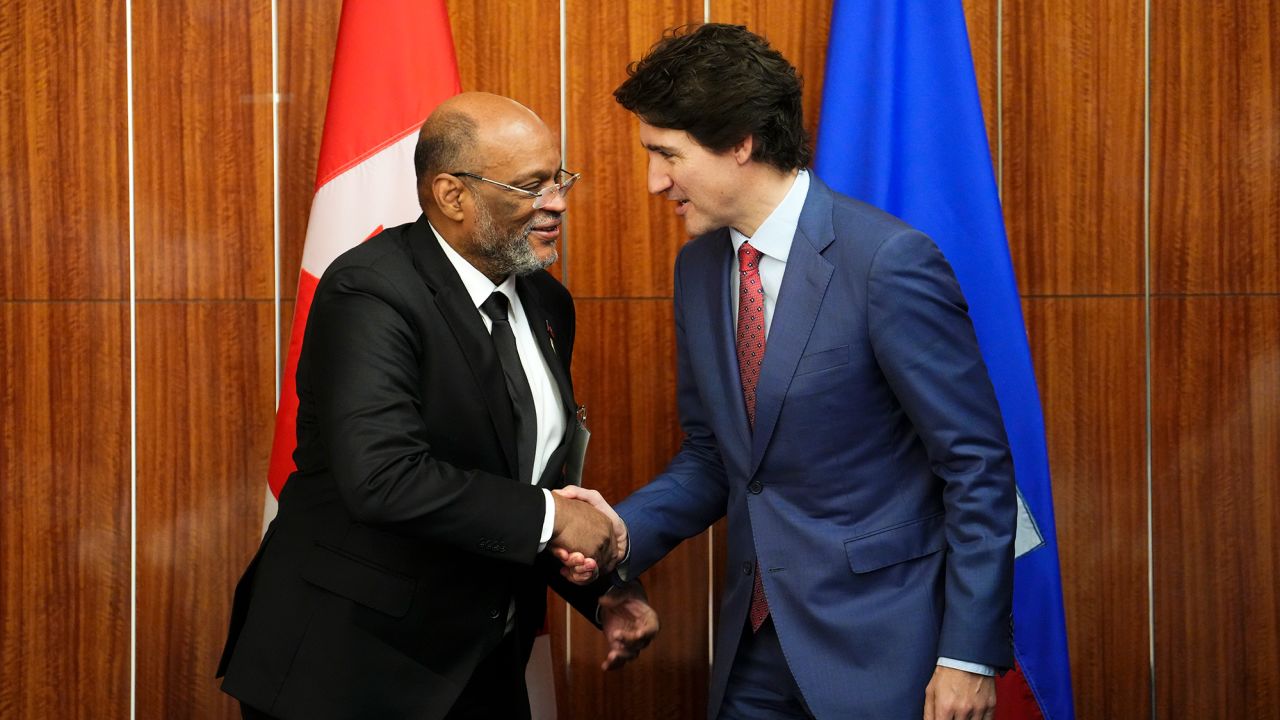
While it sends naval boats to Haiti, Canada refrains from intervening militarily.
Read more
The US sends out more cybercommandos overseas
Read more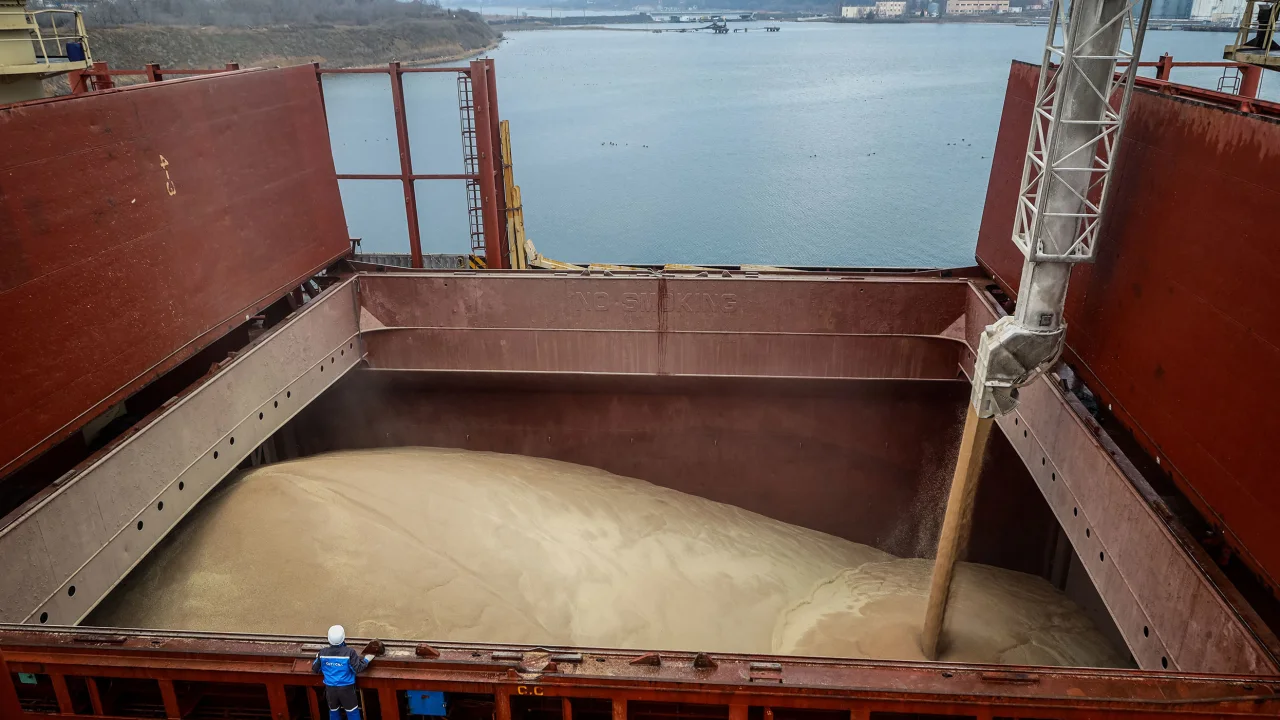
A critical agreement to prevent a worldwide food catastrophe has been extended. Everything you need to know is right here.
Read more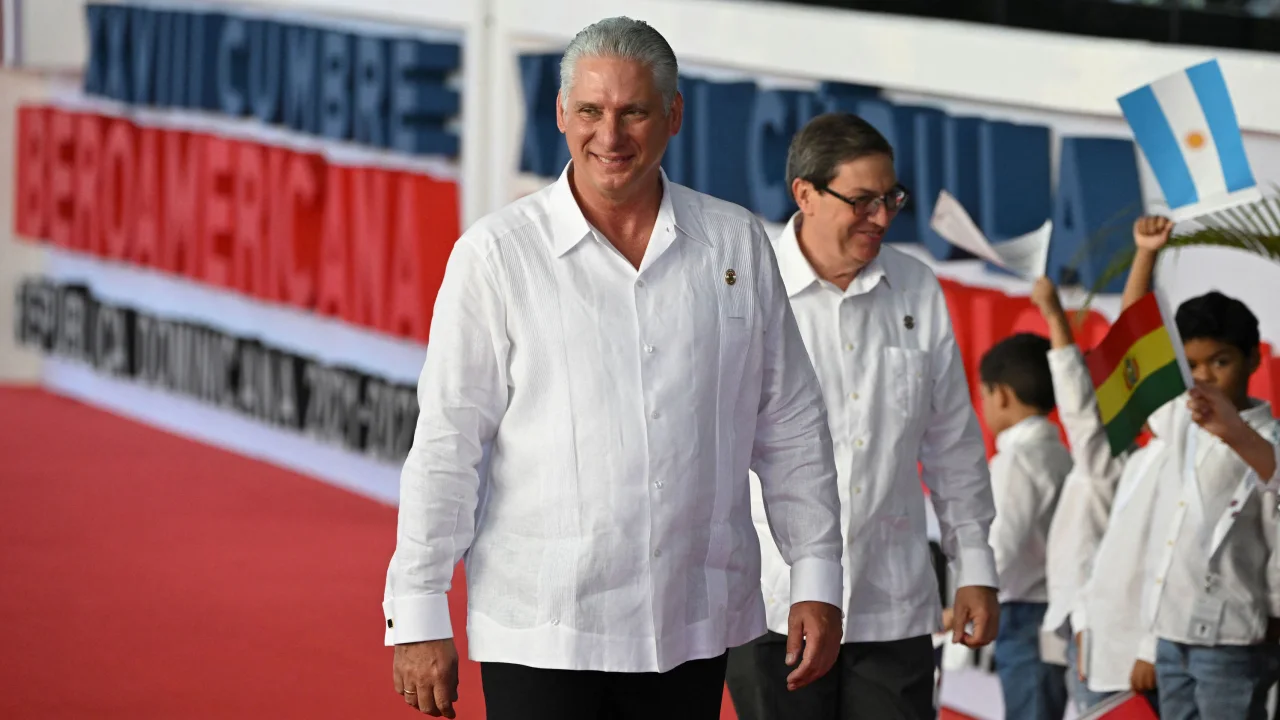
Miguel Diaz-Canel, president of Cuba, is elected to a second term
Read more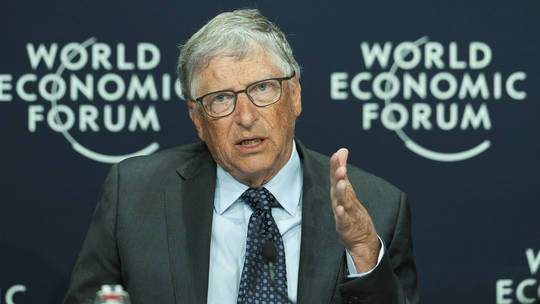
Bill Gates proposes a worldwide pandemic "fire department"
Read more